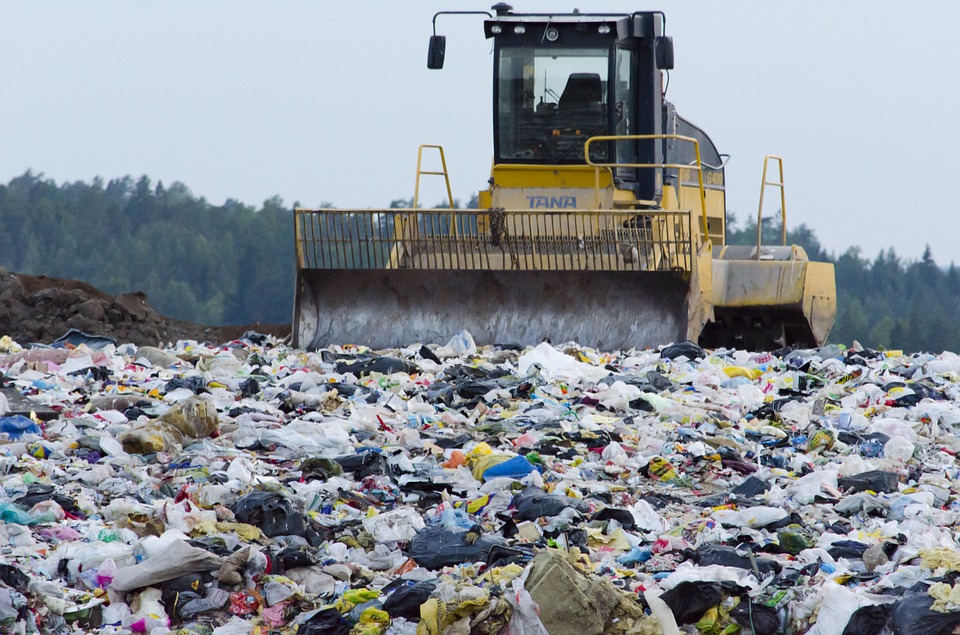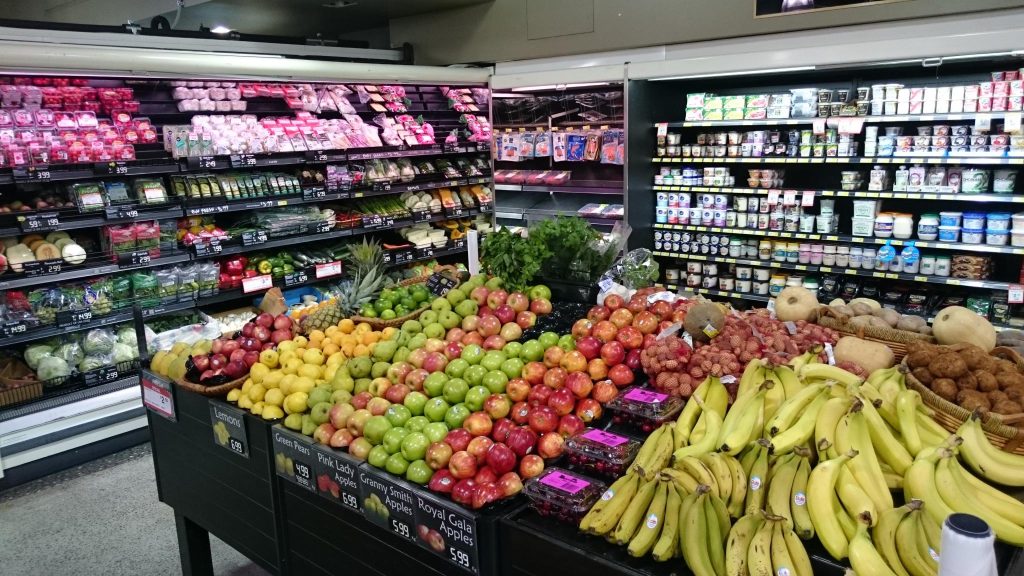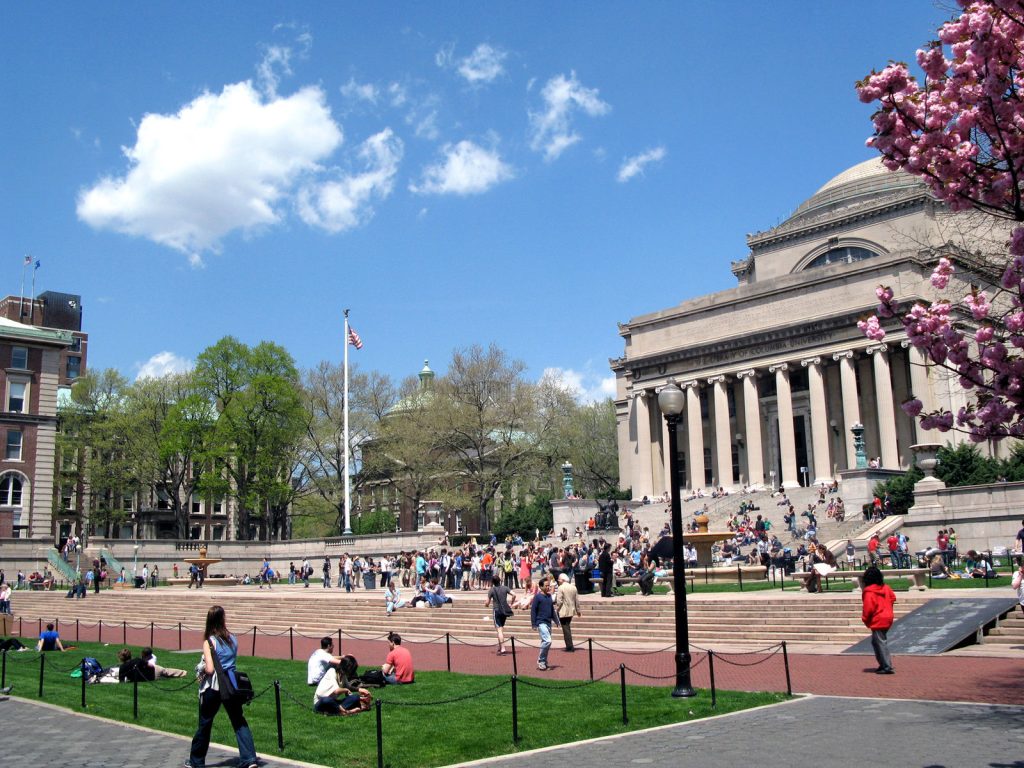A survey released on Friday by the University of New South Wales, found that 65.4 percent of people believe the rubbish they put into their recycling bins actually goes to landfill.
Although most Australians are recycling their rubbish, the UNSW study showed that only half of the respondents believed that green and eco-friendly efforts will have an effect in their lifetime, considering that only 11.8 percent of the plastic used in Australia is recycled.
Professor Veena Sahajwalla, Director of UNSW’s Centre for Sustainable Materials Research and Technology (SMaRT) Centre, says people were confused about which levels of government – local, state and federal – were responsible for their local waste and recycling services.
“It is clear on this issue that people want action, and they want governments to invest and do something now,” Professor Sahajwalla said.
The growing waste problem around Australia intensified after China introduced a ban in January on accepting certain recyclable materials it had been taking from other countries.
This unexpected decision left Australian local governments struggling to find an alternative way to manage recyclable waste.
The survey found three out of four of the respondents said they would recycle more if they knew that their household waste was reliably recycled.
However, only half of them were willing on paying more for better recycling services.
Finding a solution to Australia’s recycling woes has been made harder given the geographical distances between major cities, which makes the logistics of transporting recycling to one facility a time consuming and expensive prospect.
However, Professor Sahajwalla explained that micro-factory technology the University of New South Wales is using would be a good alternative instead of having one central rubbish processing location.
“Through the micro-factory technology, we can enhance our economy and be part of the global supply chain by supplying more valuable materials around the world and stimulating manufacturing innovation in Australia,” she said.
The UNSW is finalising a demonstration micro-factory, which will convert glass, plastics and other waste materials into high-value products.
Currently, wood, plastic and textile waste has been used to create valuable insulation and building panels.







